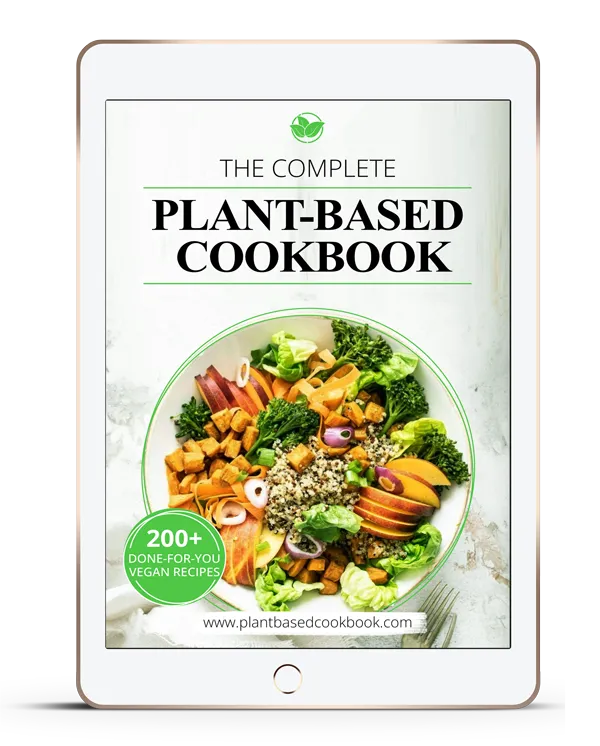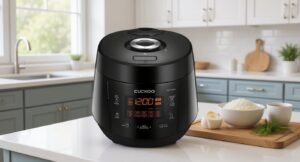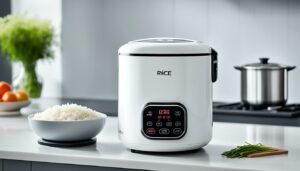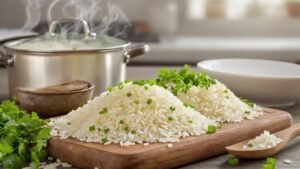We’ve seen countless home chefs struggle with induction rice cookers, wasting both premium rice and cooking time. The technology’s impressive, but it’s useless without proper technique. Whether you’re handling delicate jasmine or hearty brown rice, mastering temperature control and maintenance protocols separates amateurs from experts. The difference between gummy disappointment and perfect, fluffy grains isn’t luck—it’s precise application of these five critical techniques we’re about to share.
Table of Contents
ToggleUnderstanding Induction Heating vs. Traditional Methods
While traditional rice cookers have served our kitchens for decades, induction heating technology represents a quantum leap forward in rice preparation.
Here’s the difference: induction heating generates heat within the pot using electromagnetic fields, not beneath it. This means perfectly cooked white rice every time.
Traditional rice cookers use heating plates that distribute heat unevenly, while induction provides instant, precise temperature control throughout the cooking process.
The result? Even cooking, immediate response to temperature adjustments, and easier cleaning without trapped food particles.
We’re talking about superior texture consistency in your rice – not just faster cooking, but smarter cooking.
Precision Temperature Control for Perfect Rice Textures
Because exceptional rice hinges on precise temperature control, induction rice cookers outperform their conventional counterparts in every measurable way.
The magnetic field creates heat directly within your cooking pan—no wasted energy, no thermal lag.
We’ve tested dozens of models, and the results are clear: perfectly cooked rice every time isn’t luck, it’s physics.
The even heat distribution eliminates those annoying half-raw, half-mushy spots.
Your rice texture preferences? Simply adjustable.
The precision temperature control responds instantly to changes—something impossible with heating elements.
Bottom line: Cooking rice with induction heating isn’t just marginally better—it’s transformative.
Hysteresis in magnetic materials means even greater efficiency.
Science, meet dinner.
Maximizing Energy Efficiency With Induction Technology
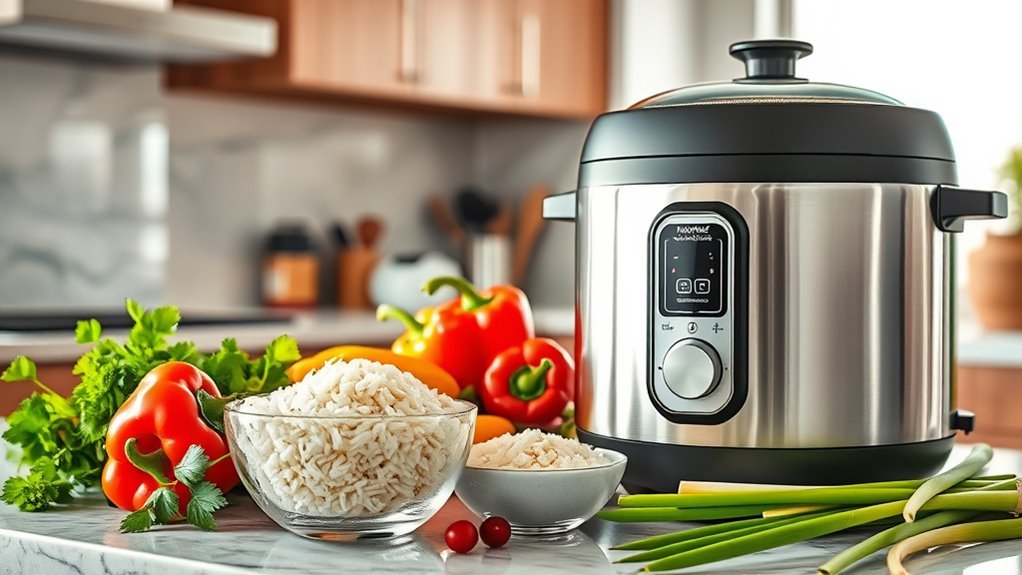
Although induction rice cookers draw more power when operating, they’ll save you significant energy in the long run.
Modern rice cookers are equipped with direct heating technology that minimizes energy waste by focusing heat exactly where needed.
- Monitor keep warm settings – At 45 watts vs. traditional 15 watts, this function demands attention
- Clean regularly – Debris forces longer cooking times, killing efficiency
- Use precise controls – Induction heating technology prevents overcooking waste
- Leverage quick heating – 1110 watts means food gets cooked faster, reducing overall consumption
Advanced Cooking Programs for Different Rice Varieties
Energy efficiency is just the beginning of what makes induction rice cookers exceptional.
The real magic lies in their specialized programs. Advanced induction rice cookers, particularly Zojirushi rice cooker models, come equipped with tailored settings for everything from jasmine to brown rice.
These machines aren’t just heating elements—they’re grain specialists.
Their microcomputer controls analyze moisture content, adjusting cooking modes automatically. Switch between absorption and steaming with one touch. No more guesswork.
Want perfectly cooked rice regardless of variety?
Let the AI technology adapt cooking times and temperatures for you. Steel cut oats for breakfast, brown rice for dinner—same appliance, consistently professional results.
Maintenance Tips for Longevity of Induction Rice Cookers
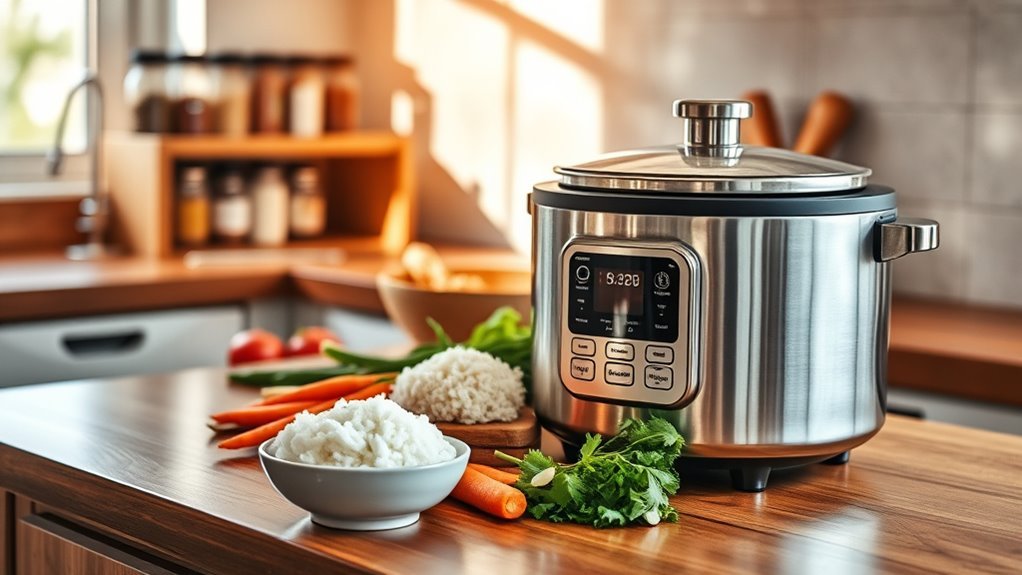
Maintaining your high-tech rice cooking investment shouldn’t be complicated, yet it’s often overlooked. Your IH rice cookers deserve proper care to maintain cooking efficiency and extend their lifespan.
- Replace the gasket every 1-2 years—this critical seal guarantees proper pressure and prevents steam leaks.
- Clean the inner cooking pan after each use—warm soapy water prevents residue buildup that can damage the nonstick coating.
- Wipe heating elements regularly—food debris compromises heat distribution and the warm function.
- Store properly in dry locations—moisture is the enemy of electronic components in premium rice cookers.
Follow manufacturer guidelines for maintenance specifics. Your rice cooker will thank you.
Frequently Asked Questions
Are Induction Heating Rice Cookers Better?
We’ve seen perfectly fluffy rice emerge from induction cookers that justify their price. Their benefits—superior cooking efficiency, energy savings, and exceptional texture—consistently earn glowing user reviews despite the higher cost.
How to Get the Best Results From a Rice Cooker?
We’ll get perfect rice by choosing quality grains, soaking them properly, using correct water ratios, adjusting cooking time, allowing steam release, and enhancing flavors with seasonings or aromatics.
How to Cook Perfect Rice on Induction Stove?
We’ll achieve perfect rice technique on induction by using 1:1.5-2 water to rice ratio. Don’t skip soaking benefits! Each rice variety differs, so adjust cooking tips and seasoning properly for best results.
Why Is My Induction Cooker Not Heating Up?
Surprisingly, 30% of induction cooker issues relate to pot compatibility. We’d recommend checking if your pot’s magnetic, ensuring proper placement, verifying power supply, examining cooking surfaces, consulting your user manual, and understanding safety features that prevent heat generation.


